Personal Watercraft Insurance Considerations
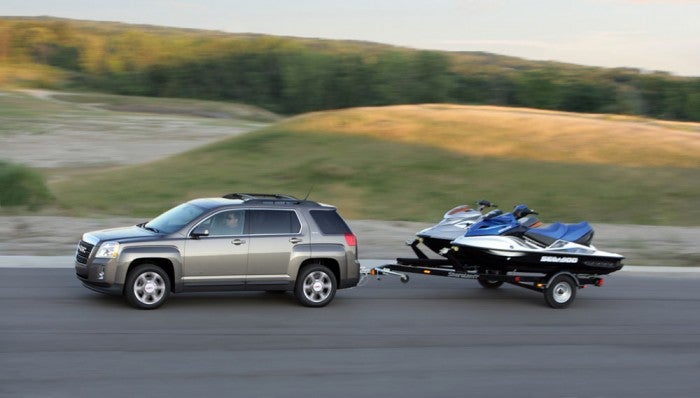
A good insurance policy can save you big if something goes really wrong
Depending where you live, you may not be legally required to buy insurance coverage for your PWC. But because PWCs are expensive, it’s always a good idea to be protected against the unknown. Nobody plans to have an accident, and a good insurance policy can save you a lot of money if something goes really wrong.
Insurance coverage for your PWC usually protects you against loss if your PWC is stolen, or in the event it is damaged in an accident. Insurance also generally protects against personal injury, in the event you or someone else is hurt while enjoying your watercraft. Finally, insurance typically protects against liability, which is the cost of any damage you accidentally do to other people or property, including damage caused when someone else is riding your machine, plus the cost of medical care for anyone you injure.
In most cases, insurance companies view personal watercraft as they would view any other boat, and cover it with a standard marine policy. This makes sense, since like any other boat, PWC may be towed to the lake or kept at a cottage dock, and are subject to the same laws as any other boat when in use. But some insurers offer specific PWC insurance coverage, which may have some specific consideration. Talk to your broker to ensure you understand exactly what your policy includes and covers, and that you’re aware of any special considerations concerning PWC. You might be surprised.
For example, some insurers place speed limitations in the policy, meaning that PWC which can exceed a specified top speed simply won’t be covered. While this is intended to exclude coverage on machines that have been modified for racing, many new models offering exceptional performance right off the factory floor, and it’s worth confirming up front whether your policy has a maximum speed clause.
Other policies may not cover the use of your PWC before dawn or after dusk. While that’s not normally a consideration for most riders, it could have implications for someone doing an extended trip, especially if they’re delayed for some reason and arrive at their destination later than planned.
Sometimes coverage is different for stand-up versus sit-down models. Other policies may include restrictions on how far from your home dock or lake you can venture and still be covered – something to keep in mind if you’re planning any long-range trips. Your policy may also only cover the PWC within a specified radius for land travel, which is important to be aware of if you are towing it over a long distance on the trailer.
Insurance policies written specifically for PWCs are generally good news for owners, because you know your coverage is custom-tailored for your needs. But it’s important you are aware of any potential sticking points beforehand, and clear these up with your broker before you sign on the dotted line.
Get PersonalWatercraft.com in your Inbox!
Like PersonalWatercraft.com on Facebook
Related Stories
Comments
Most Popular
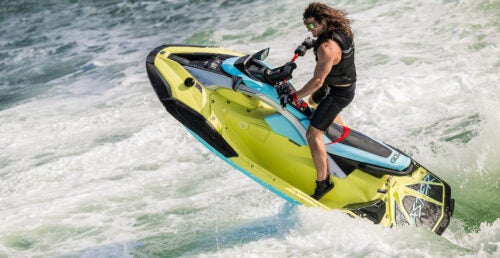
2025 Yamaha JetBlaster PRO 2-Up Review
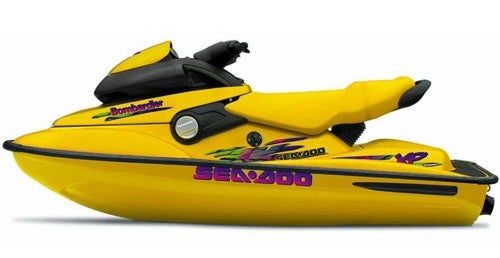
Remembering the Sea-Doo XP
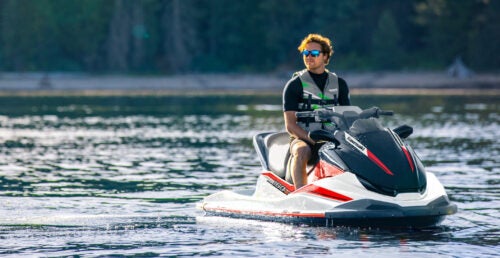
2024 Kawasaki Jet Ski STX 160X Review

2017 Kawasaki Jet Ski Ultra 310LX Review

Whatever Happened to the Wetbike?
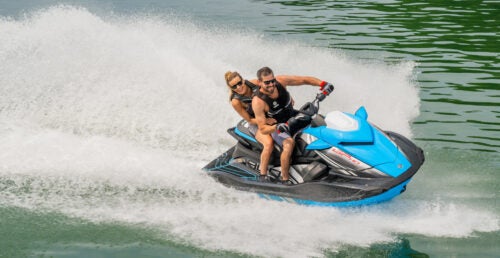
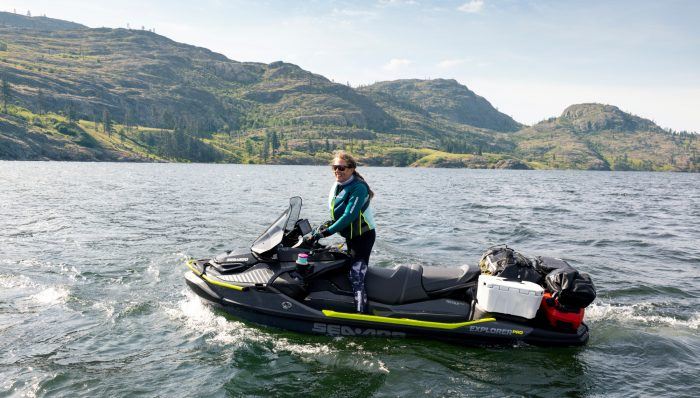
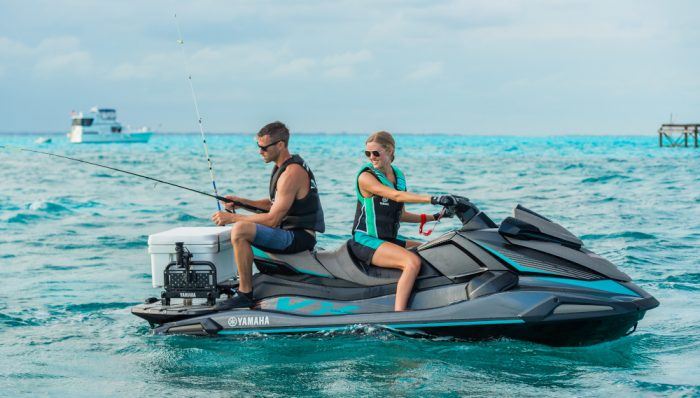
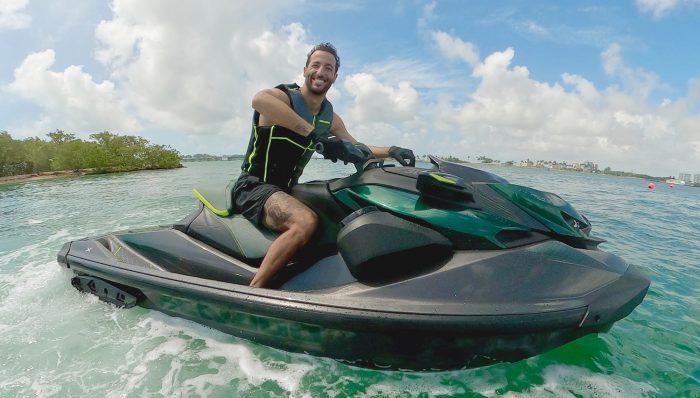
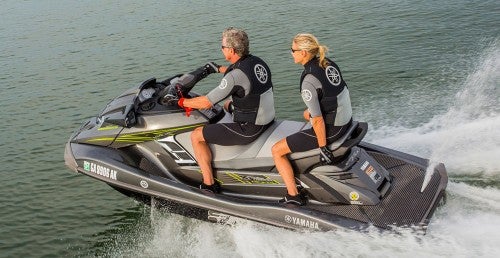


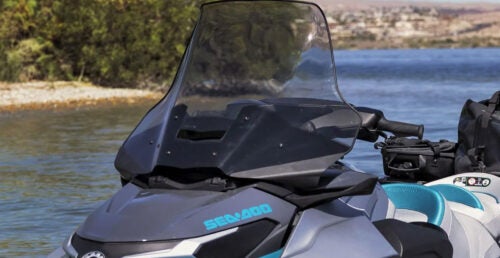



 Your Privacy Choices
Your Privacy Choices